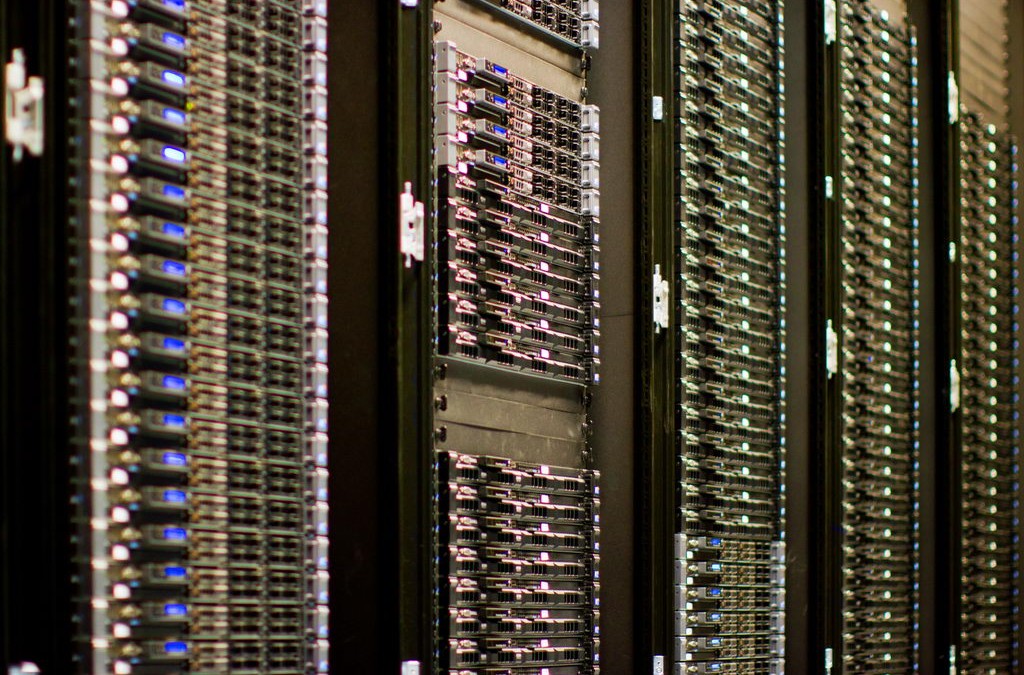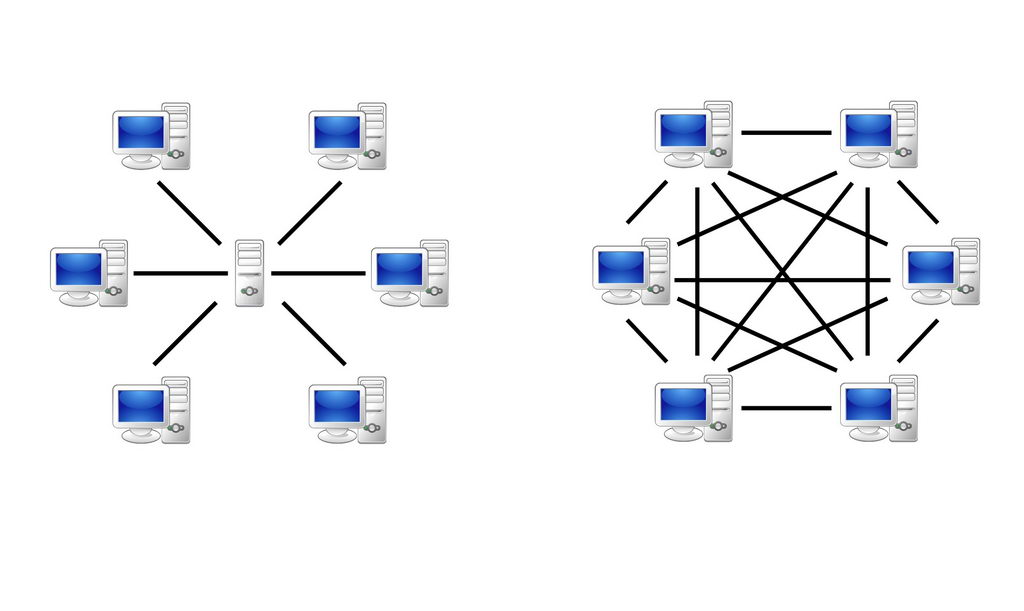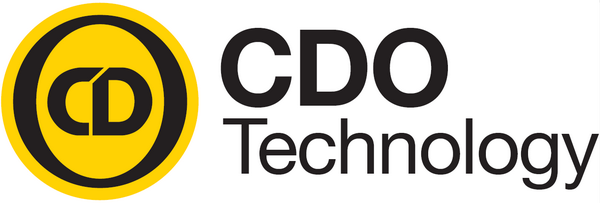
by CDO Technolgy | Jan 4, 2018 | CDO Technology News, Gaming System, Pro Workstations
Happy Birthday CDO Technology – 20 Years in Business!
CDO Technology has been a custom-builder of business and consumer computers, a parts retailer, and a service center in Greenville, SC since 1998. From a humble beginning, CDO now keeps well over 20,000 parts in stock, has some of the very best technical staff in this region and custom-builds both entry level and professional grade servers, professional workstations and gaming desktops for our customers. Our tech repair shop does data recovery and transfers, complete laptop repairs including internal component replacement, mobile device repair, repairs state-of-the-art computers as well as repairs legacy systems, and builds, installs, and maintains business servers and networks. CDO Technology takes the mystery and frustration out of technology by providing solutions to each customer’s specific technology problems. We micro-manufacture computers similar to the way the micro-brewers brew their beer. We use high quality components and blend that with experience and expertise to provide the highest quality customized servers, professional workstations, and computers that run better longer. We also provide a FREE consultation for our business customers on how to make their specific computer systems and technology work better and easier for them.
Most computer manufacturers don’t design and build their computers for the long haul. CDO Technology does! We design our servers, professional workstations, and business systems for each business customer’s specific needs, professionally choose the parts, hand-build them, and provide lifetime service on every system. Our professional workstations are used by engineers, architects, graphic designers, day-traders, web designers, manufacturing product designers, animators, and many more professionals.
Our computers are NOT throw-away or disposal products. Since we design and build our computers for sustainability, they perform at high levels with maximum uptime for many productive years. We also extend the productive life of our computers through proactive maintenance and upgrades with our Lifetime Service Warranty. Sustainability doesn’t just mean long lasting. In our case, it means that they cost less over their productive life than other manufacturer’s computers. The original cost of the computer, the cost of maintenance and computer downtime, the cost of poor performance, and finally the cost of replacement when it prematurely fails all make up the lifecycle cost of a computer system. We complete each computer’s lifecycle by providing a 100% take back or recycling policy for all the computers we sell. We believe our servers, professional workstations, and business systems offer one heck of a value when considering their competitive pricing, long life, and dependable and outstanding performance.
We have a great website, www.CDOTechnology.com where we offer servers, professional workstations, and business systems as well as consumer and game enthusiast computers. They both will provide you with an easy, informative, and pleasurable online shopping experience. While you are there, checkout our online System Configurator where you can choose, customize, and buy your server, professional workstation, gaming desktop or computer to meet your specific needs and budget. For those who want to work with a real person, you can always call, email or come into our storefront for the advice and service from one of our sales experts.
CDO Technology believes that by giving support and advice, selling quality products at a great price, providing fantastic service, and “doing the right thing every time” will keep our customers coming back year after year. And it works! It’s the same reason our sales people will sometimes tell you NOT to buy something from us if they don’t think it’s what you need, and are happy to tell you where to make the purchase if we don’t have what you’re looking for. As of 2018, after 20 years, we’re still growing and grateful to have the opportunity to help those in our community while doing something we love to do.

by CDO Technolgy | Aug 30, 2014 | Business Servers, CDO Technology News, Managed IT Services
What are Servers?
Servers have been around as long as networks. The generic use of a server is to ‘serve’ something to other computers. This communication is done with a variety of different server types with their own specific uses. They act as facilitators, storage, and so on. Not all server types are exclusive; many types can be simultaneously in use on the same server machine. Some servers can even be client computers (those on which people access the data being served) at the same time.
Some common types of servers are most recognizable. These are: FTP, proxy, game, and web servers. These machines are usually somewhat similar to the personal computers found in most homes and businesses, although they usually have specific software and hardware to provide a smoother transition of the data. Servers usually have more storage space, faster processors, and more RAM (random access memory) in order to make them more efficient. Rather than a standard operating system used by the general public (such as Windows 7), servers usually have a server platform. An example of this for a PC would be Microsoft Server.
FTP servers are used to provide access to files, either publicly or after using a login, depending on whether the files are free or for a fee. This functionality is usually included on web servers, as well, to allow easy access to web site owners to upload and download their own files.
Proxy servers are an extra step between the end user (also known as the client computer) and another server (usually a web server) that handles filtering, sharing connections, and helps to improve performance. These are sometimes used by employers to limit employees’ access to certain web sites from the workplace.
Game servers are those used by online games to provide the interface and processing for them. These are most notable when the game is an MMO (massive multiplayer online) game, in which many people around the world are connecting at the same time, to play the same game. There is often interaction between the players, which necessitates a server that is powerful enough to keep up without causing lag (pauses in the gameplay, during which the game continues, but the player misses the action because the server ‘catches them up’ by skipping).
Web servers are by far the most common ones. These are the servers that house the web pages (such as the one you are currently reading). These communicate with the client’s browser and send the information – text, images, videos, etc. – that is requested. Pretty much anything that is accessed through a browser (such as Internet Explorer, Firefox, Chrome, etc.) is processed by a web server.
Others include application servers, which handle linking databases with web servers; list servers, which handle mailing lists for newsletters and other bulk email processes; chat and IRC (internet relay chat) servers, which allow real-time communication between people wherever they are; mail servers which handle basic email; and news servers which carry newsgroups such as the USENET service, although these are not as popular among the general public as they once were.

by CDO Technolgy | Jul 14, 2014 | CDO Technology News, Networking
What is a network and what devices are required for a network?
Network devices are required for every network, but not all devices are needed for every network. A network is a variety of computers, mobile devices, and/or servers that are connected to each other. Every computer in a network has a NIC – a network interface card – that allows it to connect either by ethernet (a wired connection) or through wireless.
The two main types of networks are LAN (local area network) and WAN (wide area network). Each uses a subset of the devices. LANs use hubs or switches, network adapters, routers, modems (either external or internal) and cables. WANs use telephone lines such as ISDN, routers, and switches.
Networks that connect through cables (wired) usually use ethernet cables inside buildings, and coaxial or fiber optic cables outside. Wireless networks simply use the air for transferring information. Switches and routers are devices that connect computers to each other and to the server or modem.
A switch is a central point to which several devices connect, to facilitate communication between them. Switches have intelligence and know the MAC address (physical hardware identifier) and passes on data to only the computer for which it is intended. This increases the speed of the entire network due to less congestion.
Routers extend networks by passing packets between logical networks. They are usually used in networks that use TCP/IP and dedicated lines. They use logical addresses (in this case, IP addresses) to move data to its destination. They rout packets and filter, when set up to do so.
Gateways connect networks that use different protocols. The default gateway is used to route packets to remote networks. Without a gateway, the local network is the limit for communication. To go between protocols, the gateway will accept the data and repackage it using the destination’s protocol. A gateway also connects home networks with the internet. Because of this, it is wise to have it configured to be secure, in order to prevent unwanted outside traffic from accessing private data inside the network.
A wireless access point (WAP) consists of a wireless network card with a transceiver. This device handles signals between computers in the area and the network set up by the home or business. This is the type of device used by most hotels and motels that provide free wifi access. They usually include an ethernet port which wires it to the network.
It sometimes happens that there will be dead zones when using WAPs. To prevent this, a wireless range extender can be used. These devices come in various sizes to extend coverage just a little or a lot, to allow coverage throughout an entire home, regardless of its size.



